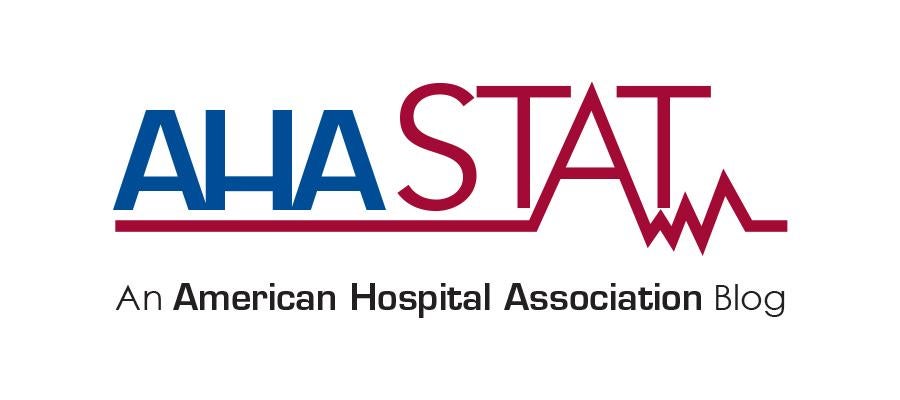Brief on hospital prices paints misleading picture

UnitedHealth Group’s brief on hospital prices uses cherry-picked data and omits important facts to paint a misleading picture. This brief should not be viewed as a rigorous study given its many flaws, as well as UnitedHealth’s own track record.
The data analyzed are from 2013 through 2017. However, more recent data show that hospital price growth has been very slow in recent years, particularly compared to insurance prices. The Bureau of Labor Statistics released updated Consumer Price Index data showing that annual health insurance inflation hit a five-year peak of 13.7% in June, while hospital prices increased just 0.5%. In fact, the Altarum Center for Value in Health Care recently noted that low hospital spending growth has been responsible for slower overall health spending growth.[1]
UnitedHealth omitted important factors that affect spending and price growth. For instance, they glossed over the fact that patient acuity has been increasing. Hospitals are improving the quality and delivery of care, including seeing patients in the right setting for the care they need. The results speak for themselves: inpatient utilization is dropping. On the other hand, the patients that are cared for in hospitals tend to be sicker and have higher needs, which increases the cost of care received in hospitals. Included in UnitedHealth’s own methodology description is an acknowledgement that the intensity of facility-based hospital inpatient services increased 9% between 2013 and 2017.[2] They also failed to acknowledge other cost drivers beyond the control of hospitals, like the amount hospitals must spend on prescription drugs, which continues to rise steadily. Average total drug sending per hospital admission increased 18.5% between fiscal year 2015 and fiscal year 2017.[3]
UnitedHealth Group’s concern is with their bottom line, as numerous recent stories and lawsuits have highlighted. In a finding against the insurer, a federal judge ruled that UnitedHealth Group had created internal policies that discriminate against patients with behavioral health and substance use disorders to save money.[4] UnitedHealth has adopted a policy that would down-code or deny complex emergency department claims. UnitedHealth reportedly denied claims for a 62-year-old woman who went to the emergency department with multiple symptoms of a heart attack or stroke, and in another case, denied claims for an expectant mom with a history of miscarriages who sought medical treatment when an ultrasound showed that she was at high risk for losing her baby. This policy places undue stress and financial burden on patients.[5], [6] UnitedHealth was also accused of putting profits before patients when they denied care for two families seeking gene therapy for a rare and debilitating disease. After public pressure, UnitedHealth reversed their denial.[7] In addition to the effect these policies have on patients and their families, these policies often needlessly drive up the administrative burden that hospitals must manage.
1. Health Sector Spending. Altarum.
2. UnitedHealth Group (2019). “Hospital Price Increases for Inpatient Services Will Cost Consumers and Employers $250 Billion over the Next Decade: Methodology and Citations.”
3. NORC (2019). “Recent Trends in Hospital Drug Spending and Manufacturer Shortages.”
4. The New York Times (2019)."Mental Health Treatment Denied to Customers by Giant Insurer’s Policies, Judge Rules."
5. Fierce Healthcare (2018). "UnitedHealth may start rejecting complex ER claims."
6. Fierce Healthcare (2018). "NYC Health + Hospitals seeks an additional $28.6M from UnitedHealthcare in wrongful claim denials."
7. The Washington Post (2019). "High fives and sobs greet UnitedHealthcare’s reversal of denials for gene therapy."

